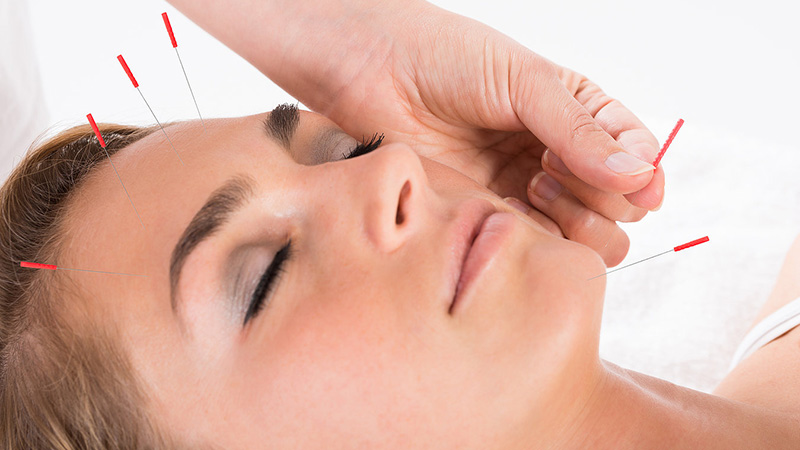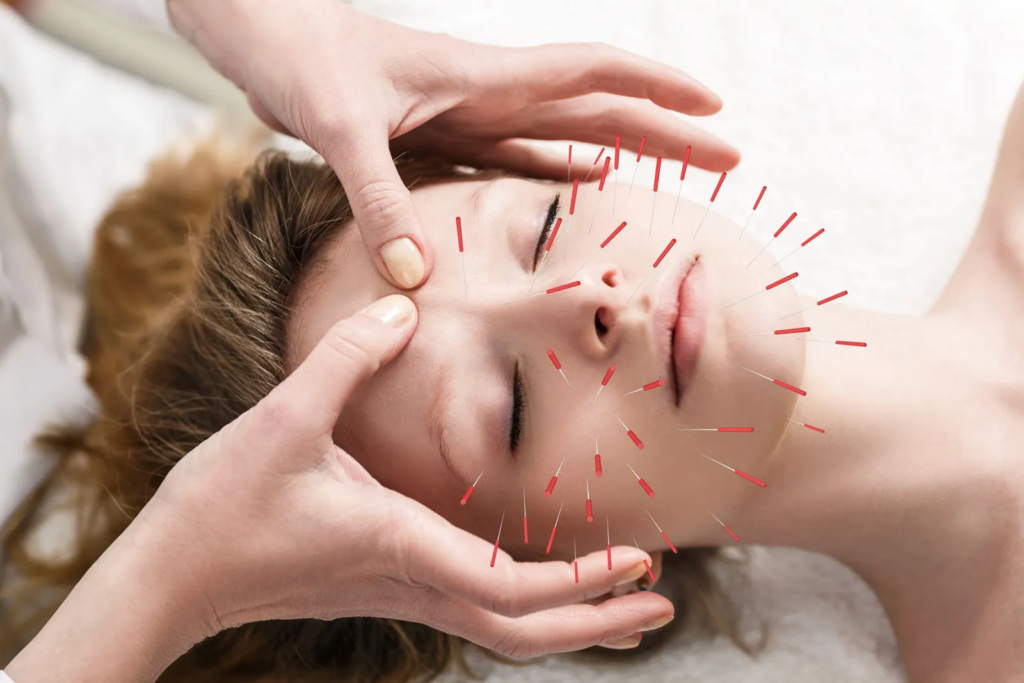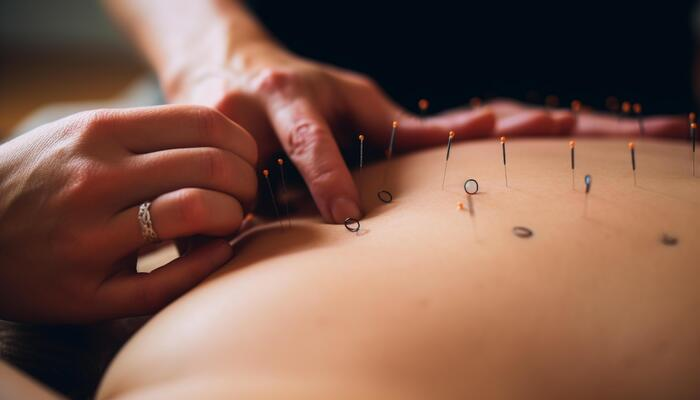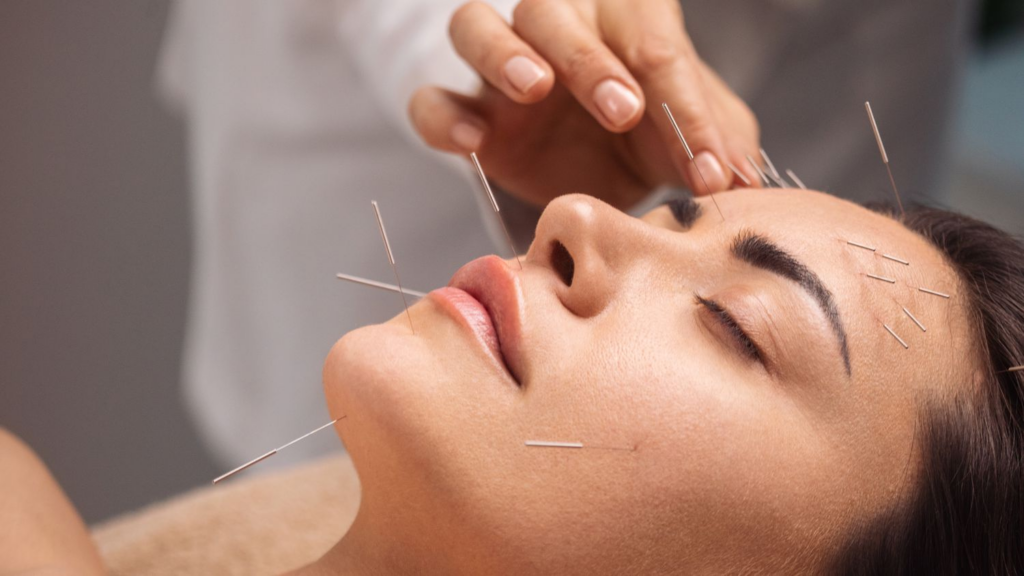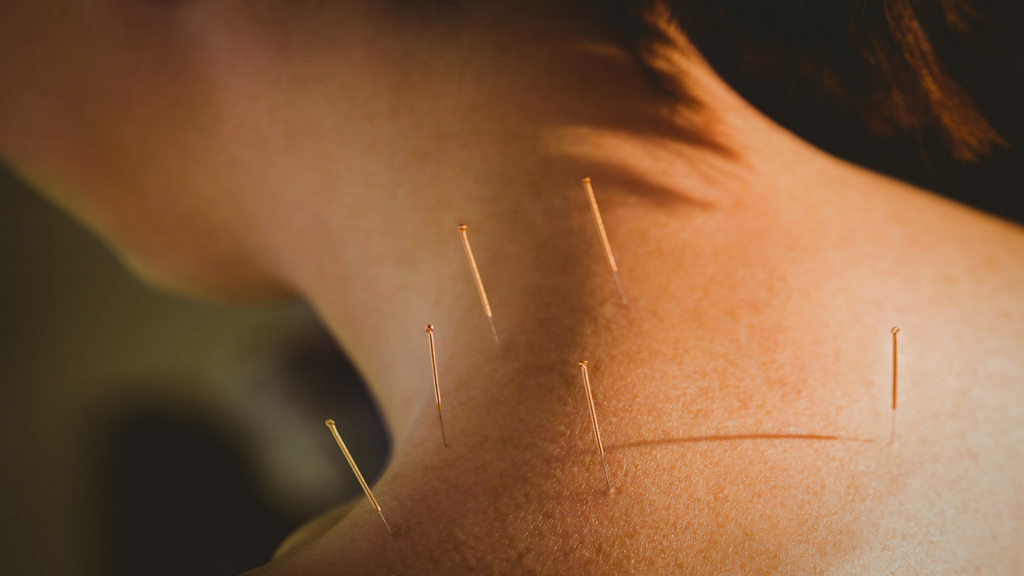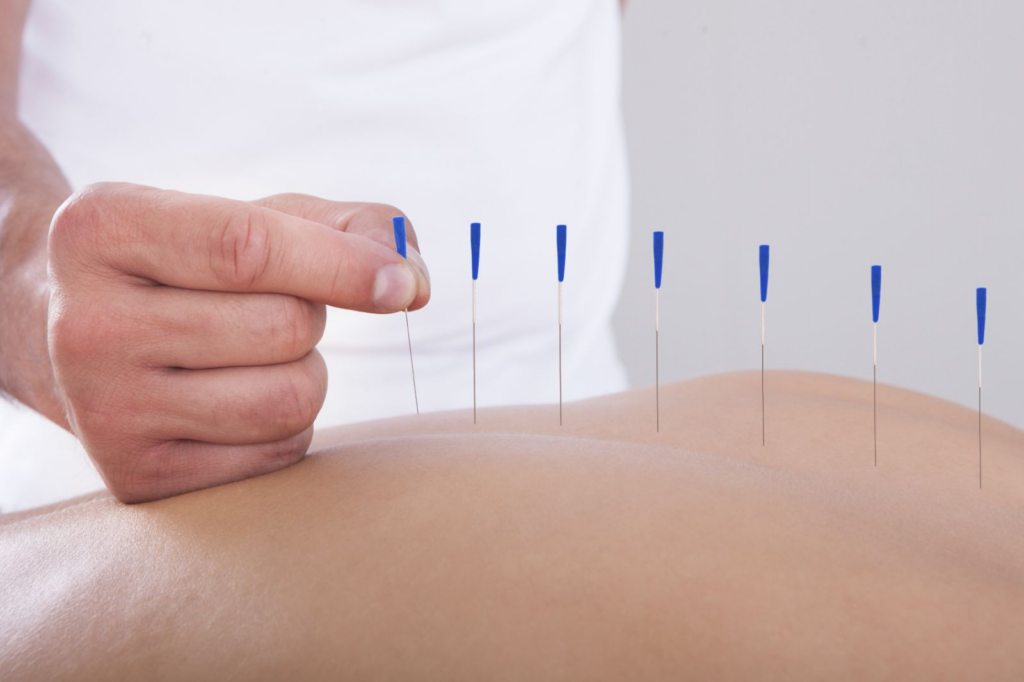Unlocking Why Can’t You Shower After Acupuncture
Acupuncture is a form of ancient Chinese medicine and healing that has gained popularity around the world. In this treatment, certain parts of the body are pricked with thin needles to enhance recovery and reduce pain. It is quite natural that one might be tempted to go for a shower after a relaxing Acupuncture session. Experts, however, advise against it. Read this blog to understand why taking a shower right after a needle insertion therapy session might not be a great idea. What Are Basics of Acupuncture? Acupuncture is basically a traditional Chinese medicine practice involving the insertion of thin needles into specific points on the body. It aims to balance the body’s energy flow, or “Qi,” and is used to treat various physical and emotional conditions. Acupuncture works under the assumption that our bodies have meridians or energy channels in them. These meridians can get blocked thereby causing aches or diseases. Acupuncturists stick fine needles into specific points on these channels trying to establish energy flow to heal patients. A needle therapy session involves lying down while thin needles are inserted at various sites on your body by the practitioner and left there for about 20 to 30 minutes. People may find it relaxing. Some can even fall asleep. Why Showering Hampers Acupuncture Effectiveness? Showering hampers Acupuncture effectiveness because water temperature changes might interfere with establishment of the new energy patterns altering its effectiveness. In fact, showering immediately after your treatment may disrupt your newly developed energy flows thereby reducing how effective your needle insertion therapy session was. Your skin could be more tender than usual following needle treatment sessions. There might be very slight irritation in needle insertion places. Exposing them to hot water or harsh soaps could lead to discomfort or infection. For this reason, it’s essential to give your body some time before taking a shower. The regulation of body temperature can be affected by the practice of this needle-based therapy. Some people report feeling warmer or cooler than usual after a session. Taking a shower, especially a hot one, could result in an unexpected change in your temperature amounting to lightheadedness or discomfort. Most people experience deep relaxation following a needle therapy session. This state of relaxation is beneficial for your own healing processes in the body. The shower might break you away from this tranquil mood too abruptly. When Should I Shower After Treatment? Most often acupuncturists suggest waiting 4-6 hours before taking a bath. It is necessary to allow one’s system to adjust itself to the effects of the treatment. In fact experts believe that waiting until the next day would be even better. The recommended time for showering after the needle treatment may vary depending on several factors. It includes the type of acupuncture you had, our general health status, the specific areas treated and other adjunctive therapies used along with this needle insertion therapy (such as cupping or moxibustion). Thus, always follow what your particular therapist advises since they are aware of your individual case. Why Do I Cry After Acupuncture? Acupuncture sometimes triggers emotional releases resulting in crying fits. These involve stimulating certain points on the body which then activates the central nervous system. Such activation may lead to endorphin release along with other neurotransmitters thus promoting emotional stability. It is well-known that this needle insertion-based therapy has a beneficial effect on stress levels. In the course of one treatment, the body can enter into a state of deep relaxation, during which it releases pent-up emotions and stress. In this way, crying can be a spontaneous response when the tension is being released through the body. This needle treatment is believed to restore the balanced flow of Qi (energy) in Traditional Chinese Medicine. Emotional distress could be connected to blockages or imbalances in Qi. This may result in an outpouring of emotions in cases where these obstructions are eliminated. Responses to acupuncture vary from person to person. Some people might feel emotional during treatments, and they might cry as part of their own unique response to such powerful therapeutic effects. Why do I feel worse the day after acupuncture? Feeling worse following an acupuncture session may relate to a healing crisis. It is a temporary exacerbation of symptoms by the body as it tries to heal itself. Thus needle insertion therapy may provoke toxin cleansing or activate latent problems. Acupuncture influences changes in Qi energy flow within our bodies. These shifts cause transient maladjustments while rebalancing occurs. Feeling worse may indicate that your body is reacting to these energy shifts as it seeks a new equilibrium. The insertion of needles can cause mild inflammation due to inflammatory mediators released by leukocytes, such as neutrophils and macrophages. Consequently, this inflammation takes place naturally within the human system triggering fatigue/tiredness on subsequent days after insertion of needles. However, in most cases, this infection usually gets healed with time. Reaction to Acupuncture does vary from person to person. Some patients will report instant relief while others get worse before recovering fully. What Are Some Post-Acupuncture Tips? Post- acupuncture tips include recommendations to rest, staying hydrated, and avoiding strenuous activity. Tips also include eating a light meal, avoiding alcohol or caffeine, and staying warm can also help your body integrate the treatment and enhance its benefits. As soon as you are done with this needle based treatment , drink enough water. This facilitates removal of toxins from your body and also backs up healing mechanisms. On the therapy day, after the session, engage in light activities. Avoid heavy exercises or any other strenuous tasks. Go for easily digestible meals that are rich in nutrients. Do not consume greasy or fatty food, as you might feel sluggish. Immediately after this needle insertion therapy session, try to get enough sleep at night. This will allow your body to heal itself further. These substances can interfere with the healing process of your body. Stay away from them for a period of not less than 24 hours

